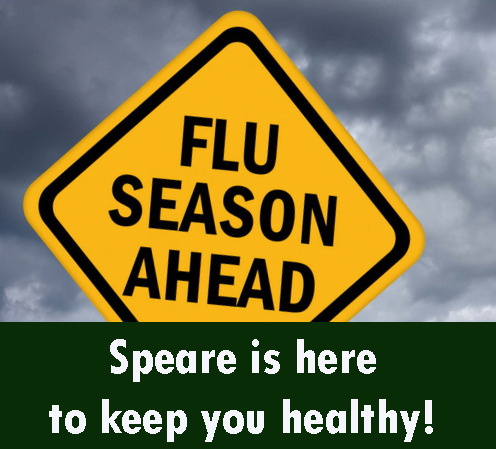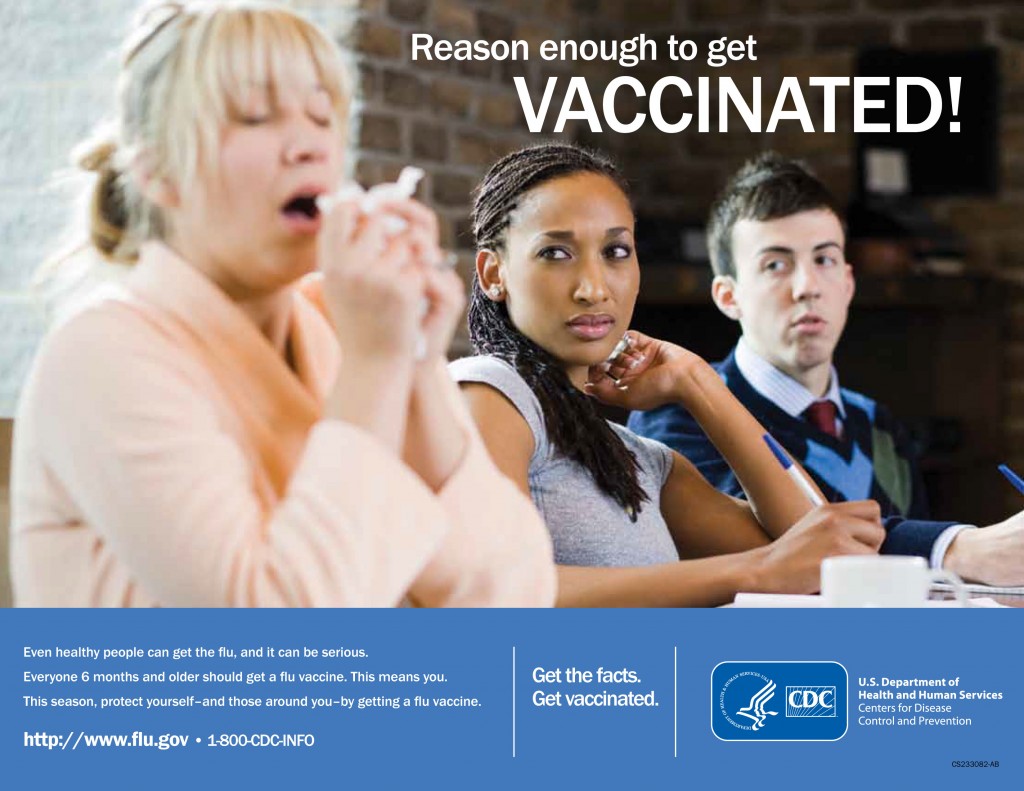Latest News
Fight the Flu – Flu Vaccines Available
Speare Expands Breast Cancer Education During Awareness Month
 Don’t give or get the “gift that keeps on giving” this holiday season. If you’re traveling to celebrate with friends and relatives festively wrapped gifts aren’t the only thing you can bring back from your travels. A nasty cold or even the flu could be “hitching a ride” with you back home. Wondering why?
Don’t give or get the “gift that keeps on giving” this holiday season. If you’re traveling to celebrate with friends and relatives festively wrapped gifts aren’t the only thing you can bring back from your travels. A nasty cold or even the flu could be “hitching a ride” with you back home. Wondering why?
Coming into contact with more people than usual, deviating from your normal exercise and sleep routines, can leave you susceptible to germs because you’re coming into contact with more people than usual.
Mary Rupert,RN, BSN, CIC, Infection Prevention Coordinator at Speare Memorial Hospital, offers the tips listed below to help fend off the flu and colds as you travel.
Before you leave:
- Get a Flu Shot at least two weeks before your trip – The Centers for Disease Control and Prevention (CDC) strongly encourages everyone, especially young kids, pregnant women, those over 65, and anyone with a chronic illness, to have annual immunizations. It takes two weeks for antibodies to develop to provide the protection your body needs to fight the flu.
- Speare is hosting a series of flu clinics at the hospital and out in the community. Visit our event calendar for dates, times and locations.
- Give your immune system a boost with dietary supplements like Emergen-C or Airborne
While traveling:
- Pack in your carry-on – antibacterial hand sanitizer, tissues, eye drops, nasal spray, and lip balm. It’s tempting to rub dry lips and eyes. Saline spray can help dried out noses. And share tissues if needed. The flu is transmitted by tiny droplets that can travel up to three feet during a sneeze.
- Practice common-sense habits – Don’t touch your face—especially your eyes, nose and mouth. And, avoid people who are visibly sick. If you’re next to someone on the airplane who’s coughing and could be contagious, ask for a different seat. It may not be possible if you’re on a crowded flight, but it’s worth a try.
 Wash your hands regularly with warm water and soap for at least 20 seconds (sing the “Happy Birthday” song twice). If warm water and soap aren’t available, use an alcohol-based hand sanitizer that contains at least 60 percent alcohol.
Wash your hands regularly with warm water and soap for at least 20 seconds (sing the “Happy Birthday” song twice). If warm water and soap aren’t available, use an alcohol-based hand sanitizer that contains at least 60 percent alcohol.
- Use disinfecting wipes to clean the airplane’s seatback tray and armrests before using.
- Hydrate yourself with plenty of water. Dehydration leads to headaches, drowsiness and an immune system that can quickly become overloaded.
- Bring your own pillow. Bring your own pillowcase too!
If you get the flu while traveling:
• Get medical attention quickly if you’re at high risk: Be vigilant about symptoms and seek medical attention. High-risk individuals are those with compromised immune systems and/or chronic medical conditions like heart disease, diabetes, organ transplants, asthma and neurological conditions, those 65+, pregnant women, and young children
• Take antiviral flu medications: Antiviral medications, available by prescription, can be used to treat influenza. They may lessen symptoms and shorten the time you’re sick. Also, they can help prevent serious complications, like pneumonia. For those at high risk, antiviral treatment may mean the difference between a milder illness instead of very serious ‘bout that could result in a hospital stay.


